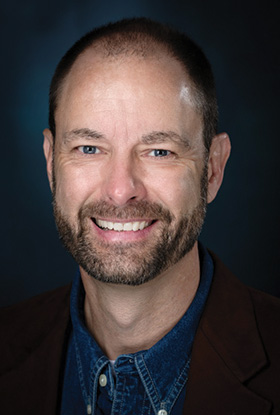CPAP therapy has become less efficient

By Theresa Flaherty, Managing Editor
Updated 8:31 AM CDT, Fri April 8, 2022
 YARMOUTH, Maine – With HME providers struggling to obtain CPAP devices, payers should consider suspending compliance requirements, they argue.
YARMOUTH, Maine – With HME providers struggling to obtain CPAP devices, payers should consider suspending compliance requirements, they argue.
Current Medicare guidelines call for patients to use their CPAP machines for at least four hours per night at least 70% of the time within any given time frame.
“It’d be great if they did, but I don’t have much hope any payer is going to,” said Woody O’Neal, vice president of Pelham, Ala.-based O2 Neal Medical. “I certainly don’t think Medicare will.”
Due to a recall of certain CPAP devices and supply chain constraints, physicians and providers have had to switch, in some cases, to devices with fewer web-based tracking and reporting capabilities to maintain therapy, making it hard for them to prove compliance.
There is some precedent for relaxing guidelines, thanks to the public health emergency, during which CMS has waived several requirements, including proof of delivery, to maintain access to products and services.
“I don’t think there’s any other medical service that requires any type of compliance (tracking) like CPAP,” said Robert Beard, owner of YD Home Medical in York, Ala. “The insurers need to look at that and, throughout the pandemic, they should have relaxed their guidelines. It has hurt us not being able to bill for some of these machines.”
With a dearth of “connected” CPAP devices, providers like Aeroflow Sleep are having to fall back on old ways of doing business that are less efficient and more expensive.
“We’ve had to adopt some of those non-connected devices, and it’s probably a larger cost (to the provider) than people realize,” said Eric Mongeau, national director for Ashville, N.C.-based company. “To get those SD cards back, get them downloaded, to engage physician – those are all challenging things that we haven’t had to do in a long time. Where it really becomes difficult is the payer side: How you get that data, maintain it in your system and get those authorizations from the plans to be able to bill beyond the first 90 days is a challenge unto itself.”
In the current environment, providers like MRS Homecare, which has 2,000 patients on a waiting list for CPAP devices, are prioritizing getting patients in the door and adhering to therapy early on.
“We are reinventing the wheel, but it’s also us having to dig back into the things we pride ourselves on like better set up and follow up,” said Tyler Riddle, president of the Tifton, Ga.-based company.
Comments